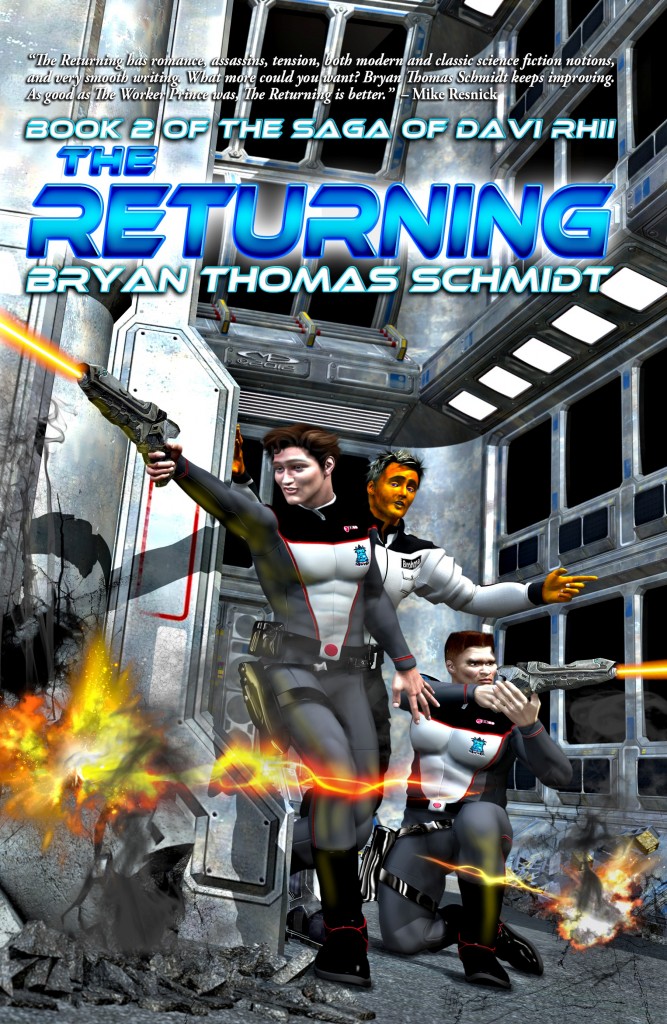



1) Read Guidelines-All editors have them somewhere. They exist to give you an advantage. Ignoring them is stupid. Why? a) If I’m an editor telling you what I want to see, with competition for story sales being what it is, why in the world would you not use this to your advantage? b) If I told you how I want submissions to look and be done, ignoring it is telling me you either don’t respect me, don’t care or think you’re above it. All three are the signs of not just unprofessionalism but an attitude that bodes negative things for our working relationship.
2) Use Standard Formatting-You don’t have to like it. We don’t care if you find it annoying. We don’t care if it seems old fashioned. It’s industry standard for reasons from tradition to ease of import for programs like Adobe InDesign, so just do it. Examples are rampant, but one of the most respected comes from Bill Shunn and can be found here. He even offers samples to download. Take advantage of it and get it right. Our guidelines will tell you if you except any variant, if not, show us you’re professional and at least meet the standard.
3) Use Spellcheck-Some typos fall under things we can forgive: the occasional missed word, for example. A missed period or capital letter on occasion. Words that are actual words but not the one you missed. If you read your story aloud or have betas read it before submission, you’d likely catch them, but at least they are things that can happen to anyone. In the case of words that any basic spell check ought to catch, there’s just no excuse. “Matter” and “mater” are not the same word. “Rond” instead of “round” is something that just shouldn’t be missed. If you don’t care enough to make the simplest effort to get it right, why should we read your story or care about it?
4) Keep Cover Letters Short-Folks, I am a slush reader. I get tons of submissions. I don’t want your life story. I don’t want your brown nosing. I just want good stories. Don’t write me long letters about admiring me and the zine, etc. Tell me your name, the name of the story, the word count, any relevant publications (i.e. markets I’ve heard of), thank me, sign your name and attach the file. Keep it simple. If I want a full bio or list of credits, I’ll ask for it. Unless your mother is an industry luminary, her opinion has no value to me. That goes for any other relatives or friends in your inner circle. And don’t lie about it either. I know lots of people. I can probably verify the truth of it if I get curious. Don’t make me think you’re up for wasting my time before I even get to your story. TRUST ME.
5) Include Your Contact Information-This is part of standard formatting. Again, you can find it here. But really, if I want to send you a contract, email you or mail a check, don’t make me go through twenty steps to track you down. Put it right on the story, before the title and byline. Name, Address, City, State, Zip, email, and if you’re a SFWA, Codex or other member. Phone number can be helpful too and is a good idea. That’s it. Word Count across the page. Boom. Make it easy to deal with you. We have to deal with so many writers, the ones who make it easy definitely make the best impressions.
6) Spell My Name and Title Right-Yeah, it sounds obvious but my name is BrYan not BrIan. It’s right on the guidelines. It’s on the staff page. It’s on my bio. If you don’t care to get that right, then I can assume you aren’t concerned about the details of anything else either. It’s also a sign of simple respect. Simple respect and politeness go along way in businesses where relationships and networking play a key role. This is one of them so be polite and have respect.
7) Read Up-Read copies of the magazine or anthologies I’ve edited. Read my blog. Ask writers who’ve worked with me. Find out about my likes, dislikes, etc. in any way you can. It’s probably in my guidelines, but sending me stuff that will automatically get rejected like erotica, porn, gratuitous sex and violence or often non-family friendly stuff (I state specifically for each project what the limits are) is going to waste both of our time and leave me again feeling that you’re either lazy, disrespectful or cocky. None of which makes me remember your name as someone I’d like to work with.
8 ) Use The Right Submission Address-Yes, often my personal email or editor’s box email is available. There are all kinds of reasons for this. But if the guidelines tell you to submit stories to another address, unless I specifically asked you to do otherwise, use the address as instructed. I’m a nice guy. I try and treat people the way I want to be treated. I’m not at the point where I am so tired of writers making these mistakes that I’ll reject a story out of hand for them, but I can see why editors do this. I get tons of email like anyone else. Having paths I use for various types of email help me keep it organized. Don’t think you’re an exception to the rules unless I tell you. I have the rules for a reason.
I think what makes these errors so annoying in their commonness is that they could be so easily avoided. If you writers don’t take your career seriously enough to get the easy stuff right, it’s hard to trust that you’ll be serious about the big stuff, and that tends to leave an impression that you are someone we might not want to work with. In any case, something to consider and take seriously. For what it’s worth…






